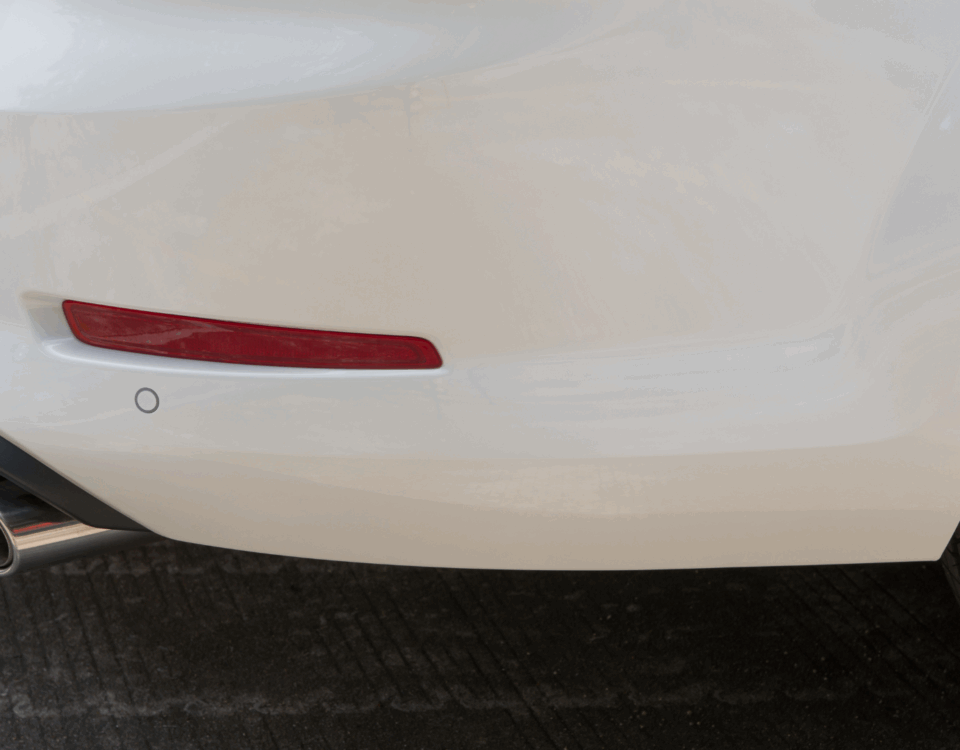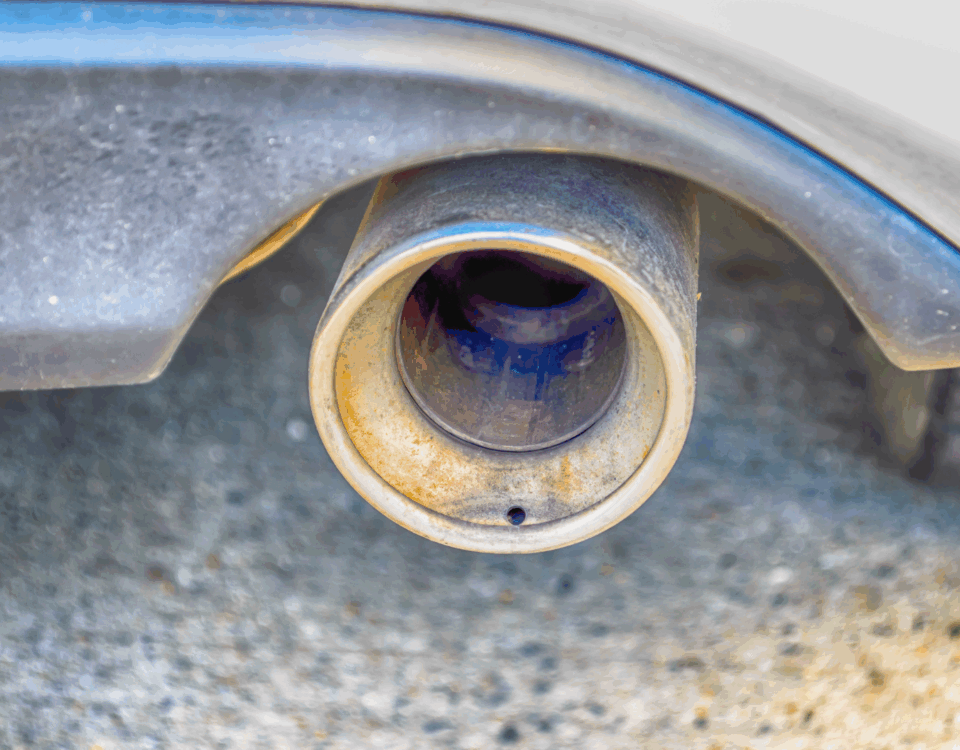Understanding Smog Check Regulations for Hybrid Cars
February 7, 2025Smog Test Locations Near Me: Tips for Finding the Best Service
February 10, 2025Understanding the Importance of a Smog Test
A Smog Test is essential for ensuring that your vehicle meets state emissions standards. Many states require periodic testing to reduce air pollution and keep vehicles running efficiently. If your car fails the test, you may be required to repair certain components to bring it up to standard. Ignoring a Smog Test requirement can result in penalties, fines, or an inability to renew your vehicle’s registration. That’s why it’s crucial to stay informed about when and where you can get your car tested.
Where to Find Certified Smog Test Locations
When searching for a Smog Test center near you, it’s important to look for certified testing locations approved by your state’s environmental agency. These facilities are equipped with the necessary tools to perform the test and provide you with the required certificate. You can find authorized smog testing stations by checking your state’s Department of Motor Vehicles (DMV) website or using online directories. Some auto repair shops also offer Smog Test services, but you should verify their certification before scheduling an appointment.
Factors to Consider When Choosing a Smog Test Center
Not all smog test locations are the same, so it’s important to consider factors such as cost, convenience, and customer reviews before selecting a facility. Prices for a Smog Test may vary depending on location, vehicle type, and additional services. Some centers offer discounts or promotions, so it’s worth researching different options. Additionally, check for customer feedback to ensure that the testing process is smooth, efficient, and trustworthy. Many people prefer locations with quick service times and friendly staff, making the experience hassle-free.
Preparing Your Vehicle for a Smog Test
To increase your chances of passing the Smog Test, make sure your car is in good condition before heading to the testing center. Regular maintenance, such as oil changes, air filter replacements, and spark plug inspections, can significantly improve your vehicle’s emissions performance. If your check engine light is on, address any necessary repairs before taking the test, as it can result in an automatic failure. Additionally, driving your car for at least 15 minutes before the test can help optimize engine performance and ensure accurate readings.
What to Do If Your Vehicle Fails the Smog Test
Failing a Smog Test doesn’t mean your car is unfit for the road, but it does indicate that certain components need attention. If your vehicle fails, the testing center will provide a report detailing the reasons for failure. Common causes include a malfunctioning catalytic converter, faulty oxygen sensors, or excessive emissions. You may be eligible for financial assistance or repair programs offered by your state to help bring your vehicle into compliance. Once repairs are completed, you’ll need to retake the test and obtain a passing certificate before registering your vehicle.





